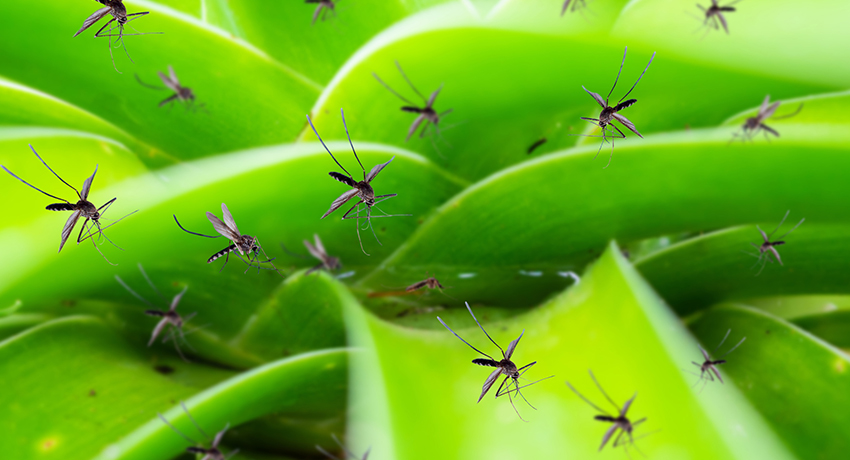In the heat of Houston’s summer, mosquitoes have become more than a nuisance – they’re carriers of concern. West Nile cases are surging this season in Harris County, with 22 confirmed human infections (as of 8/12/24) in just one month. To put this into perspective, there were no reported cases before Hurricane Beryl in July.

“Vulnerable individuals from waning immunity, coupled with a proliferation of mosquitoes, create the perfect storm for increased transmission,” said Luis Z. Ostrosky, MD, an infectious disease expert at UT Physicians Infectious Diseases – Texas Medical Center.
Positive mosquito samples with West Nile virus have skyrocketed to 615 in Harris County so far in 2024, compared to 50 in 2023. So, what’s different this year? Our wet summer created the perfect backdrop for mosquito pool amplification. Mosquitoes lay their eggs in yards and ponds of water. Ostrosky said the increased rain has led to a historical number of mosquitoes this year.
Understanding immunity and infection
Hurricane Harvey in 2017 produced extremely high amounts of rain, but it didn’t translate to high cases of West Nile. Ostrosky describes it as population immunity and cycles of infection for both mosquitoes and people.
“The cycle of West Nile prevalence in the community plays a crucial role,” said Ostrosky, professor and vice chair for health care quality at McGovern Medical School at UTHealth Houston. “Some years may start with low West Nile activity, while others, like this year, see a high incidence.”
Detecting West Nile virus
West Nile virus symptoms often mimic flu-like illness, but some cases may have few to no symptoms. Although most human cases in Harris County have been mild, West Nile can cause severe complications, including brain infection (encephalitis), which can be life-threatening.
Blood tests can reveal if someone has active antibodies against the virus due to a recent infection. Molecular testing provides another means to learn if West Nile virus is present.
Taking action
There are some simple ways to take action and help prevent an increased number of mosquitoes and West Nile cases. Ostrosky recommends the following:
- Eliminate standing pools of water that may collect in items such as buckets and loose tires.
- Wear insect repellent when going outside. The best is DEET-based; natural repellents don’t work as well.
- Wear long-sleeved shirts and long pants when working outside, although it’s not always feasible in Houston’s heat.
Follow the new dashboard available from Harris County Public Health for the latest number of diseases transmitted by mosquitoes to humans.


